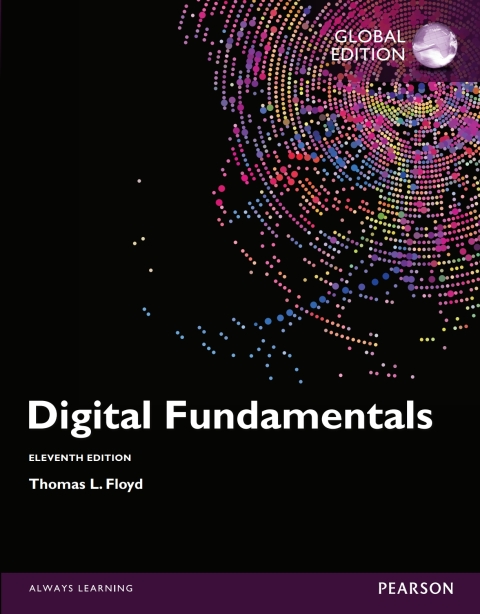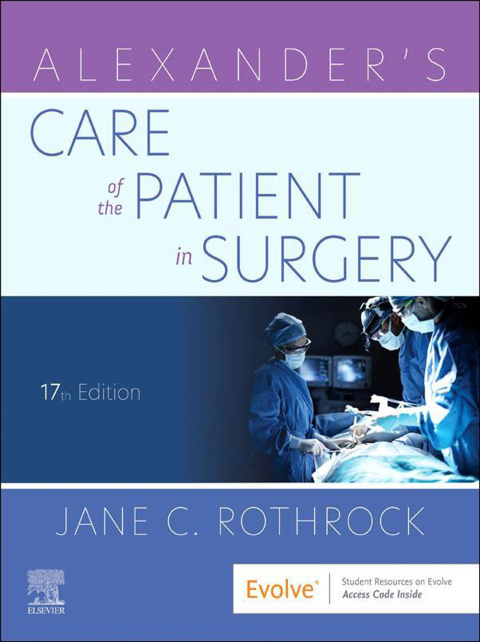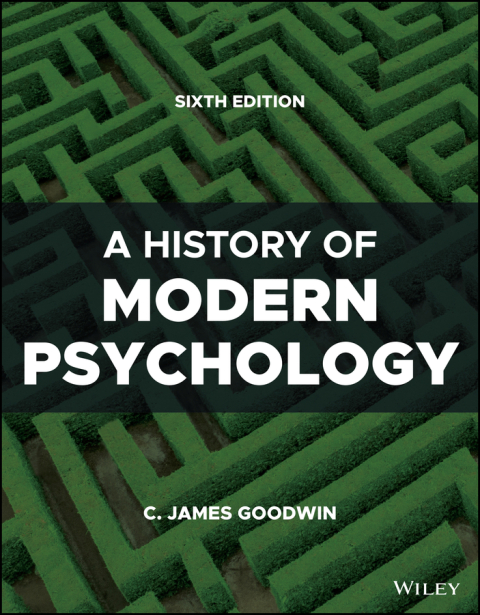Description
Efnisyfirlit
- Title
- Copyright
- Contents
- Chapter 1 Introductory Concepts
- 1–1 Digital and Analog Quantities
- 1–2 Binary Digits, Logic Levels, and Digital Waveforms
- 1–3 Basic Logic Functions
- 1–4 Combinational and Sequential Logic Functions
- 1–5 Introduction to Programmable Logic
- 1–6 Fixed-Function Logic Devices
- 1–7 Test and Measurement Instruments
- 1–8 Introduction to Troubleshooting
- Chapter 2 Number Systems, Operations, and Codes
- 2–1 Decimal Numbers
- 2–2 Binary Numbers
- 2–3 Decimal-to-Binary Conversion
- 2–4 Binary Arithmetic
- 2–5 Complements of Binary Numbers
- 2–6 Signed Numbers
- 2–7 Arithmetic Operations with Signed Numbers
- 2–8 Hexadecimal Numbers
- 2–9 Octal Numbers
- 2–10 Binary Coded Decimal (BCD)
- 2–11 Digital Codes
- 2–12 Error Codes
- Chapter 3 Logic Gates
- 3–1 The Inverter
- 3–2 The AND Gate
- 3–3 The OR Gate
- 3–4 The NAND Gate
- 3–5 The NOR Gate
- 3–6 The Exclusive-OR and Exclusive-NOR Gates
- 3–7 Programmable Logic
- 3–8 Fixed-Function Logic Gates
- 3–9 Troubleshooting
- Chapter 4 Boolean Algebra and Logic Simplification
- 4–1 Boolean Operations and Expressions
- 4–2 Laws and Rules of Boolean Algebra
- 4–3 DeMorgan’s Theorems
- 4–4 Boolean Analysis of Logic Circuits
- 4–5 Logic Simplification Using Boolean Algebra
- 4–6 Standard Forms of Boolean Expressions
- 4–7 Boolean Expressions and Truth Tables
- 4–8 The Karnaugh Map
- 4–9 Karnaugh Map SOP Minimization
- 4–10 Karnaugh Map POS Minimization
- 4–11 The Quine-McCluskey Method
- 4–12 Boolean Expressions with VHDL
- Applied Logic
- Chapter 5 Combinational Logic Analysis
- 5–1 Basic Combinational Logic Circuits
- 5–2 Implementing Combinational Logic
- 5–3 The Universal Property of NAND and NOR Gates
- 5–4 Combinational Logic Using NAND and NOR Gates
- 5–5 Pulse Waveform Operation
- 5–6 Combinational Logic with VHDL
- 5–7 Troubleshooting
- Applied Logic
- Chapter 6 Functions of Combinational Logic
- 6–1 Half and Full Adders
- 6–2 Parallel Binary Adders
- 6–3 Ripple Carry and Look-Ahead Carry Adders
- 6–4 Comparators
- 6–5 Decoders
- 6–6 Encoders
- 6–7 Code Converters
- 6–8 Multiplexers (Data Selectors)
- 6–9 Demultiplexers
- 6–10 Parity Generators/Checkers
- 6–11 Troubleshooting
- Applied Logic
- Chapter 7 Latches, Flip-Flops, and Timers
- 7–1 Latches
- 7–2 Flip-Flops
- 7–3 Flip-Flop Operating Characteristics
- 7–4 Flip-Flop Applications
- 7–5 One-Shots
- 7–6 The Astable Multivibrator
- 7–7 Troubleshooting
- Applied Logic
- Chapter 8 Shift Registers
- 8–1 Shift Register Operations
- 8–2 Types of Shift Register Data I/Os
- 8–3 Bidirectional Shift Registers
- 8–4 Shift Register Counters
- 8–5 Shift Register Applications
- 8–6 Logic Symbols with Dependency Notation
- 8–7 Troubleshooting
- Applied Logic
- Chapter 9 Counters
- 9–1 Finite State Machines
- 9–2 Asynchronous Counters
- 9–3 Synchronous Counters
- 9–4 Up/Down Synchronous Counters
- 9–5 Design of Synchronous Counters
- 9–6 Cascaded Counters
- 9–7 Counter Decoding
- 9–8 Counter Applications
- 9–9 Logic Symbols with Dependency Notation
- 9–10 Troubleshooting
- Applied Logic
- Chapter 10 Programmable Logic
- 10–1 Simple Programmable Logic Devices (SPLDs)
- 10–2 Complex Programmable Logic Devices (CPLDs)
- 10–3 Macrocell Modes
- 10–4 Field-Programmable Gate Arrays (FPGAs)
- 10–5 Programmable Logic Software
- 10–6 Boundary Scan Logic
- 10–7 Troubleshooting
- Applied Logic
- Chapter 11 Data Storage
- 11–1 Semiconductor Memory Basics
- 11–2 The Random-Access Memory (RAM)
- 11–3 The Read-Only Memory (ROM)
- 11–4 Programmable ROMs
- 11–5 The Flash Memory
- 11–6 Memory Expansion
- 11–7 Special Types of Memories
- 11–8 Magnetic and Optical Storage
- 11–9 Memory Hierarchy
- 11–10 Cloud Storage
- 11–11 Troubleshooting
- Chapter 12 Signal Conversion and Processing
- 12–1 Analog-to-Digital Conversion
- 12–2 Methods of Analog-to-Digital Conversion
- 12–3 Methods of Digital-to-Analog Conversion
- 12–4 Digital Signal Processing
- 12–5 The Digital Signal Processor (DSP)
- Chapter 13 Data transmission
- 13–1 Data Transmission Media
- 13–2 Methods and Modes of Data Transmission
- 13–3 Modulation of Analog Signals with Digital Data
- 13–4 Modulation of Digital Signals with Analog Data
- 13–5 Multiplexing and Demultiplexing
- 13–6 Bus Basics
- 13–7 Parallel Buses
- 13–8 The Universal Serial Bus (USB)
- 13–9 Other Serial Buses
- 13–10 Bus Interfacing
- Chapter 14 Data Processing and Control
- 14–1 The Computer System
- 14–2 Practical Computer System Considerations
- 14–3 The Processor: Basic Operation
- 14–4 The Processor: Addressing Modes
- 14–5 The Processor: Special Operations
- 14–6 Operating Systems and Hardware
- 14–7 Programming
- 14–8 Microcontrollers and Embedded Systems
- 14–9 System on Chip (SoC)
- Chapter 15 Integrated Circuit Technologies
- 15–1 Basic Operational Characteristics and Parameters
- 15–2 CMOS Circuits
- 15–3 TTL (Bipolar) Circuits
- 15–4 Practical Considerations in the Use of TTL
- 15–5 Comparison of CMOS and TTL Performance
- 15–6 Emitter-Coupled Logic (ECL) Circuits
- 15–7 PMOS, NMOS, and E2CMOS
- Answers to Odd -Numbered Problems
- Glossary
- Index
- A
- B
- C
- D
- E
- F
- G
- H
- I
- J
- K
- L
- M
- N
- O
- P
- Q
- R
- S
- T
- U
- V
- W
- X
- Z






Reviews
There are no reviews yet.